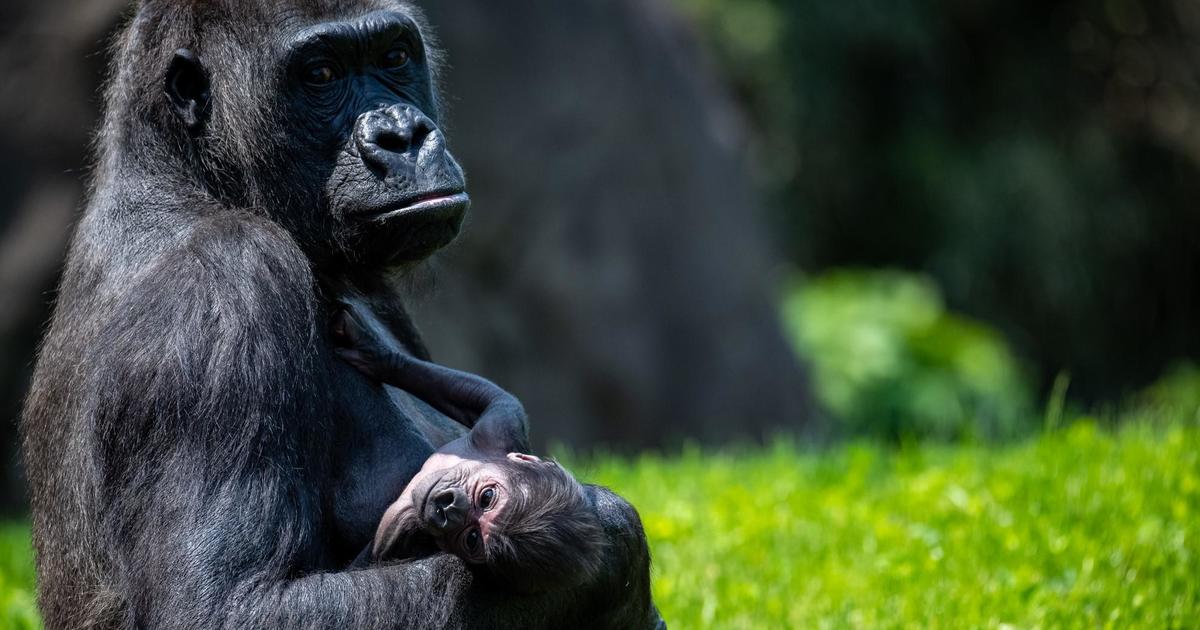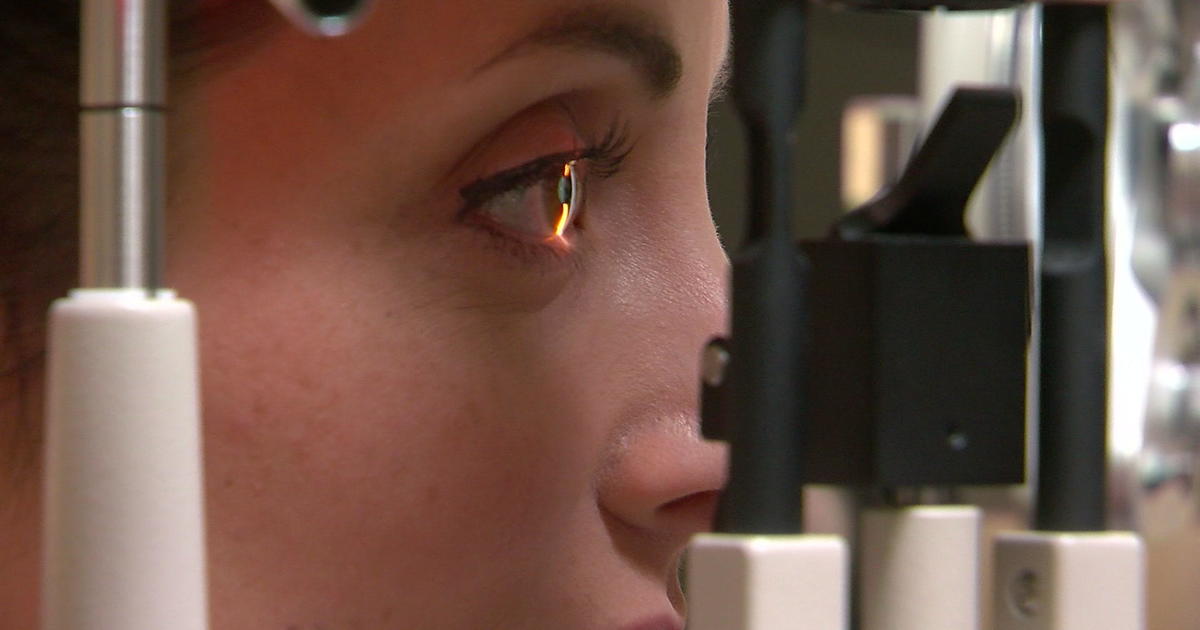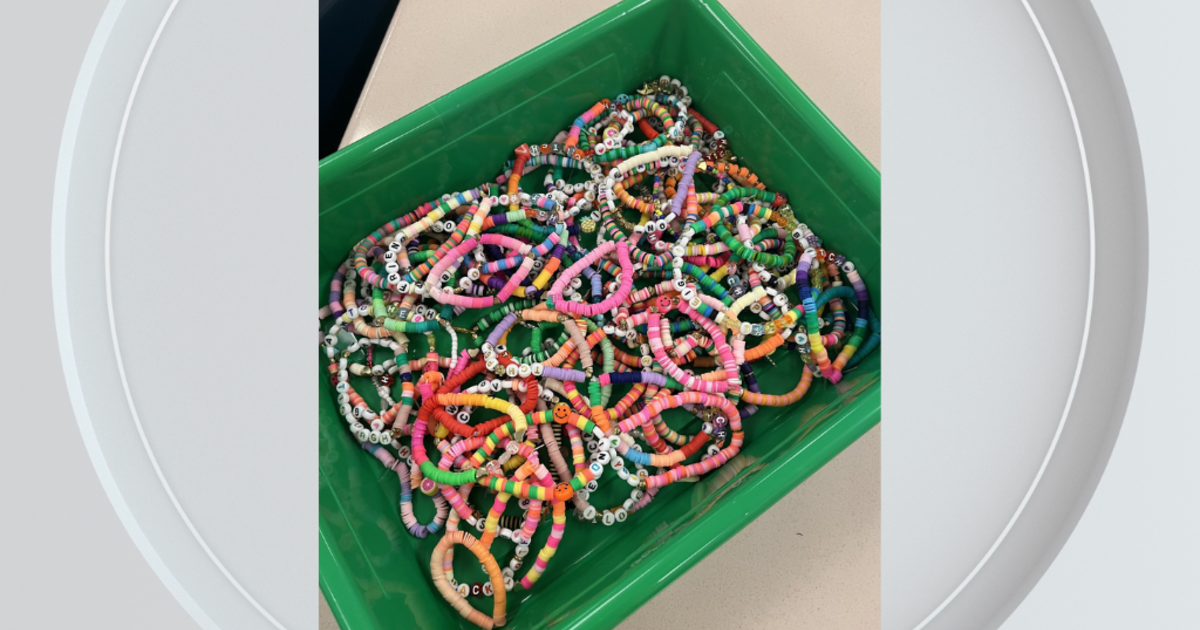How Well Can Your Fitbit Track Sleep Activity?
PITTSBURGH (KDKA) -- Beth Braunsdorf is concerned about her sleep.
"When people ask, 'do you wake refreshed in the morning', no, and I never wake up on my own. It is my alarm clock that has to drag me out of bed," she says.
As an avid runner, Beth has a Fitbit to track her activity. She decided to give it a try as a sleep tracker.
But was it really giving her useful information?
She had a sleep study in a lab to compare.
For a formal sleep study, wires go on your head, on your chin, on your chest and legs. There are straps and a video camera. This gives the sleep doctors information about your breathing, how active your are, and your brain waves.
The process is more involved than just a wristband.
Doctors evaluate oxygen levels, limb movements, sleep stages, and awakenings, and from this information, they can figure out whether you have a sleep disorder, such as sleep apnea, narcolepsy, seizures, or periodic limb movement disorder.
The Fitbit can't tell all that, but knows when you're sleeping, and knows when you're awake.
Join The Conversation On The KDKA Facebook Page
Stay Up To Date, Follow KDKA On Twitter
"The Fitbits are actually very interesting because they can track your sleep and wake cycles fairly accurately," says Dr. Euhan John Lee, a sleep specialist at Canonsburg Hospital. "If you're not moving much, you're probably asleep. If you're moving a lot, you're probably awake."
It's something you can compare day to day, not just for one night, like a laboratory sleep study.
"The first question I had when they walked in was 'did I stop breathing? Did I have sleep apnea?' Because I always wondered that as well, too," Beth admits.
No sleep apnea for Beth. In fact, when she slept in the lab, textbook perfect sleep.
"The room was darker than I was accustomed to. It was cooler, which was a good thing, too," she says.
Her Fitbit reflected a restful slumber, consistent with the lab findings.
"That actually implies she might be a little bit sleep deprived at baseline," Dr. Lee says.
She also kept a sleep diary for several nights, and compared it with the Fitbit data.
"The night after the sleep study she woke up at 12, 1, 3:30, 4:45, 6, 7, so she had fragmented sleep, which correlated with the Fitbit," Dr. Lee observes.
At these times, she woke up because her young child came into the room.
"When we're at home with young children in the house, we're dealing with child care needs, we're dealing with stress of taking care of the family, so sleep can be a little different at home," says Dr. Lee.
"Would I love to be able to get to bed earlier? Certainly, but trying to get everyone down after homework and sports and activities, and would I love to sleep in later, yes, but not with working, and trying to get everyone off to school in the morning, and trying to find time to exercise in the morning, too. So it's just the stage, unfortunately, that I am in in my life," says Beth.
Beth was relieved the night in the lab showed normal, restful sleep.
"It was nice to see that it's possible, because I start to wonder, is it possible in the first place," Beth says. "It's the environment that I'm sleeping in obviously that causes me to be a little restless. We are trying to contain some of the external factors so that I can sleep a little bit more."
Dr. Lee points out, as Americans, we sleep about six hours a night, when in fact we need about eight hours, so we're all a little sleep deprived.



